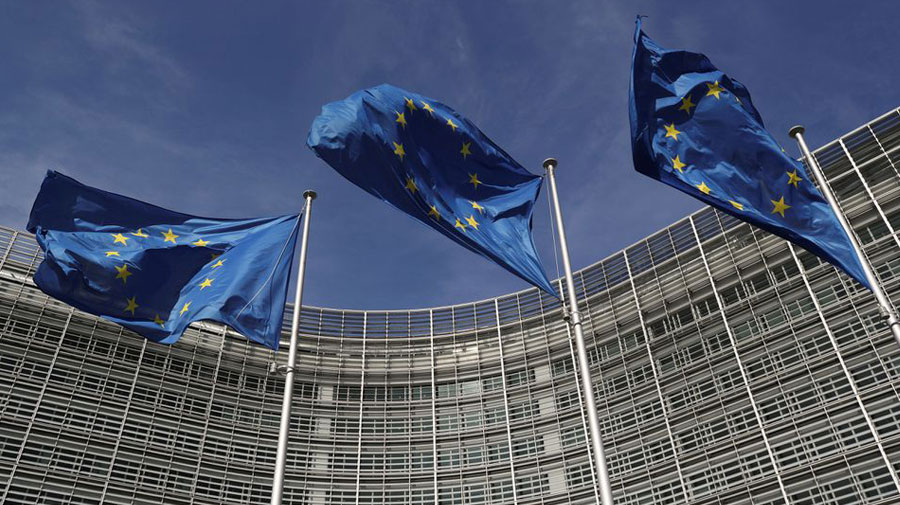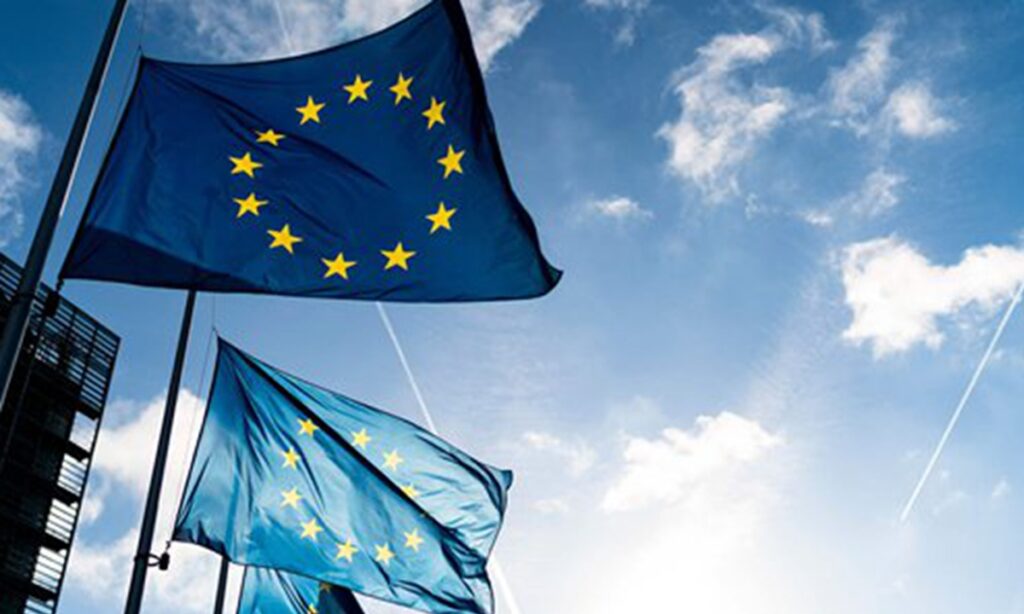The European Union (EU) has stepped up its efforts by announcing the 12th round of sanctions against Russia, focusing on the crypto-asset sector.
This move is part of an ongoing strategy to limit Russia’s financial capabilities and bring the Ukrainian conflict to a close.
The most recent sanctions are broad and aim to prevent Russian nationals and residents from using cryptocurrency services.
A broad ban on Russian involvement in crypto-related activities, including ownership, control, or participation in crypto service providers’ governance is among the measures.
Furthermore, the sanctions prohibit the provision of crypto-related wallets, accounts, and custody services to individuals subject to the sanctions.
The EU’s decision to target the crypto-asset sector demonstrates the EU’s commitment to closing gaps in digital financial transactions and limiting Russia’s financial flexibility.
These sanctions are in addition to a slew of economic and individual sanctions imposed by the EU since early 2022, all to put pressure on Russia to end its military operations in Ukraine.
The goal of these sanctions is clear: to promote regional peace. The EU seeks to wield economic influence for geopolitical purposes by restricting Russia’s access to crypto services within the EU. Similar sanctions have been imposed on other countries, including Belarus and Iran.
This latest round of sanctions has global ramifications for the crypto-asset sector, signaling the EU’s intention to address a critical area of finance.
The move is a significant step forward in the EU’s strategy to limit Russia’s financial capabilities, particularly in the domain of crypto-assets, as part of broader efforts to contribute to the resolution of Ukraine’s ongoing conflict.


